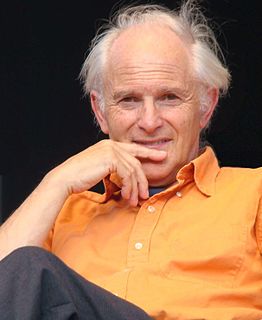Top 21 Quotes & Sayings by Harry Kroto
Explore popular quotes and sayings by an English scientist Harry Kroto.
Last updated on April 14, 2025.
At no point do I ever remember taking religion very seriously or even feeling that the biblical stories were any different from fairy stories. Certainly, none of it made any sense. By comparison, the world in which I lived, though I might not always understand it in all aspects, always made a lot of sense.
Science is based solely on doubt-based, disinterested examination of the natural and physical world. It is entirely independent of personal belief. There is a very important, fundamental concomitant - that is to accept absolutely nothing whatsoever, for which there is no evidence, as having any fundamental validity.
You can be an idiot and survive because you just go to McDonalds for your food, and you go to work and do some sort of inane job, which is nobody taking any responsibility - it's always up the line - and then you watch the Super Bowl, and that's it. But in the old days, you really had to know how your world works. You don't need that anymore.
I, like almost all chemists I know, was also attracted by the smells and bangs that endowed chemistry with that slight but charismatic element of danger which is now banned from the classroom. I agree with those of us who feel that the wimpish chemistry training that schools are now forced to adopt is one possible reason that chemistry is no longer attracting as many talented and adventurous youngsters as it once did. If the decline in hands-on science education is not redressed, I doubt that we shall survive the 21st century.





















